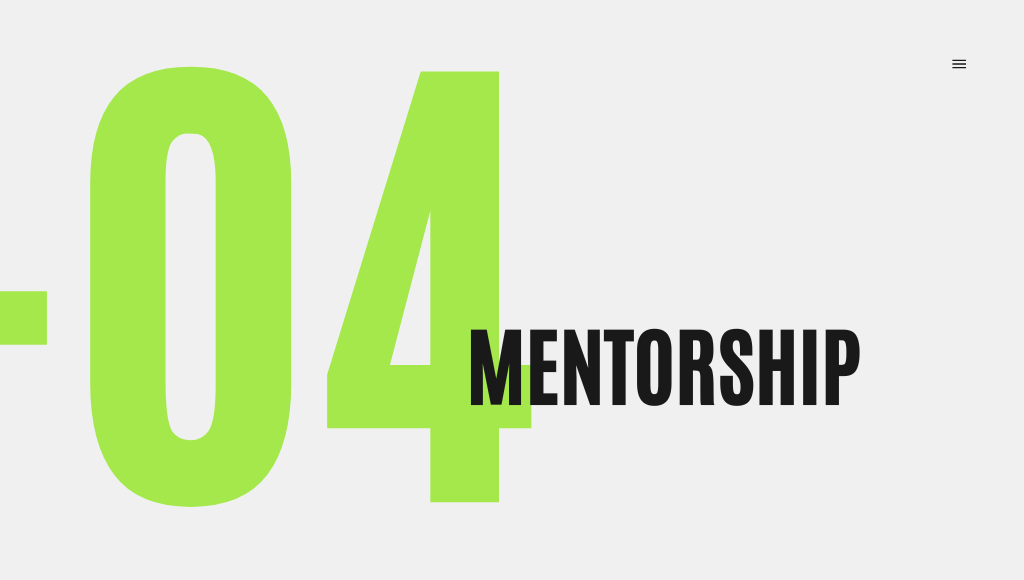Starting a new job is always quite intimidating. Whether you’re straight out of college or have been in the workforce for a while, entering into a new industry can make you feel out of place. In order to succeed, both socially and professionally, you are expected to learn the lingo, follow the dress code, and pick up on acceptable social and professional behaviors. Typically, as a new employee you don’t always have constant help to figure these areas out.
Comprehensive onboarding is essential to feel comfortable in a new job. For example, the consulting firm BCG found that of the 21 human resource programs it looked at, onboarding had the second most significant business impact.
Generally, organizations often fall short on helping new hires assimilate to their new office environments. New hire orientation programs are often too brief. In a perfect world, they should include more than the common one-off meeting. However, while it’s the company’s job to help you learn about the office culture, much of your success at a new job falls on you. Here are some tips to help you succeed at your new industry from day one.
Don’t lose your personal brand
You are representing yourself and your personal brand from the moment you step foot into the office.
Now that you’re starting your first day as an employee, don’t downplay the importance of first impressions. Your first 90 days on the job are often treated as an extension of the interview. That means you should use every interaction to prove that you’re a respectful, professional, and diligent worker, but also that you’re someone who your colleagues will enjoy spending eight-plus hours a day with.
From a conversation with your manager to your first department meeting to your first company event with coworkers, every office task is an opportunity to learn, grow, and represent yourself in a positive light.
Set healthy boundaries from the get-go
This career tip is one that can take some time to understand, but it’s worth noting, so you’re aware of the importance of setting healthy boundaries in regard to work. When you set healthy boundaries, you are clarifying what is acceptable and unacceptable to you in regard to how late you’re willing to work, the total number of hours you’re willing to work, how you’ll deal with saying “no” when needed, and how personal you’re willing to allow your work relationships to be.
Once you set the example that you’re willing to do certain things, it’s hard to go back. In other words, if your manager sends you emails over the weekend, and you respond, then you may unknowingly set the expectation that you will always be willing to work on weekends. Don’t shoot yourself in the foot.
Establish good time management skills at work from day one
When starting work in a new industry, especially in a corporate setting, it does not take long for the volume of work and projects to pile up. These items, combined with the personal items you need to address on a regular basis, can become overwhelming if you don’t utilize good time management skills while at work.
Common time management techniques include setting priorities, maintaining lists of items to be addressed daily, and scheduling blocks of time to address certain items.
Remember, It’s also okay to say “no” if you have to. This also goes back to setting boundaries. For example, if you are asked to complete a project or do a task, you can share your current obligations and then negotiate the completion due date. What you are really saying is “yes,” while also managing expectations. Additionally, don’t be afraid to ask your manager to help you set priorities if you find the requests piling up.
If you’re constantly being asked to perform tasks that are not within your work scope, you may need to find a way to politely decline to work on these items. Helping someone out at work is one thing, but do not allow yourself to be a doormat or be taken advantage of. You will become overwhelmed or stressed by unreasonable requests.
Avoid office politics
More often than not, employees make themselves look bad by trying to involve themselves in work matters that are none of their business. Work environments can be quite the tangled web of drama and gossip, all of which the wise new hire will avoid. Unless you are a supervisor, your work is the only work you’re responsible for.
However, the exception to this rule is if someone is doing something unethical, creating an unsafe work environment due to harassment or bullying, is doing something unsafe, or is negatively impacting your ability to do your job. These scenarios warrant further action on your part by bringing the concern to the attention of your supervisor or Human Resources.
Choose your work battles wisely
With the numerous people you will interact with in the work world, you likely will encounter plenty of frustrations, and concerns. To maintain your sanity and productivity at work, it will be helpful for you to discern between challenges you need to deal with versus the ones you can overlook and move on from.
Never stop asking questions
There is a learning curve as a new hire, especially if you are entering a new industry; from how to do your job effectively to how the organization works. It’s natural to feel overwhelmed by all the items you will need to learn.
Don’t be afraid to ask questions from team members to gain clarity when you need it. It’s better to get the information to handle things correctly versus learning the hard way that you’re doing something incorrectly.
No one expects you to be a pro when you are new to a job and industry, and no one expects you to know everything about the organization right away, either. Chances are that others have similar questions to you, so don’t be afraid to ask.
Finally, show initiative by doing your own research. Take time to learn about your position and the organization before you begin commenting or making suggestions that might be interpreted as not understanding your position or the organization or could be perceived as argumentative or condescending. If you’ve been provided answers to questions, be sure to listen, so you don’t have to ask the same questions over and over again.










